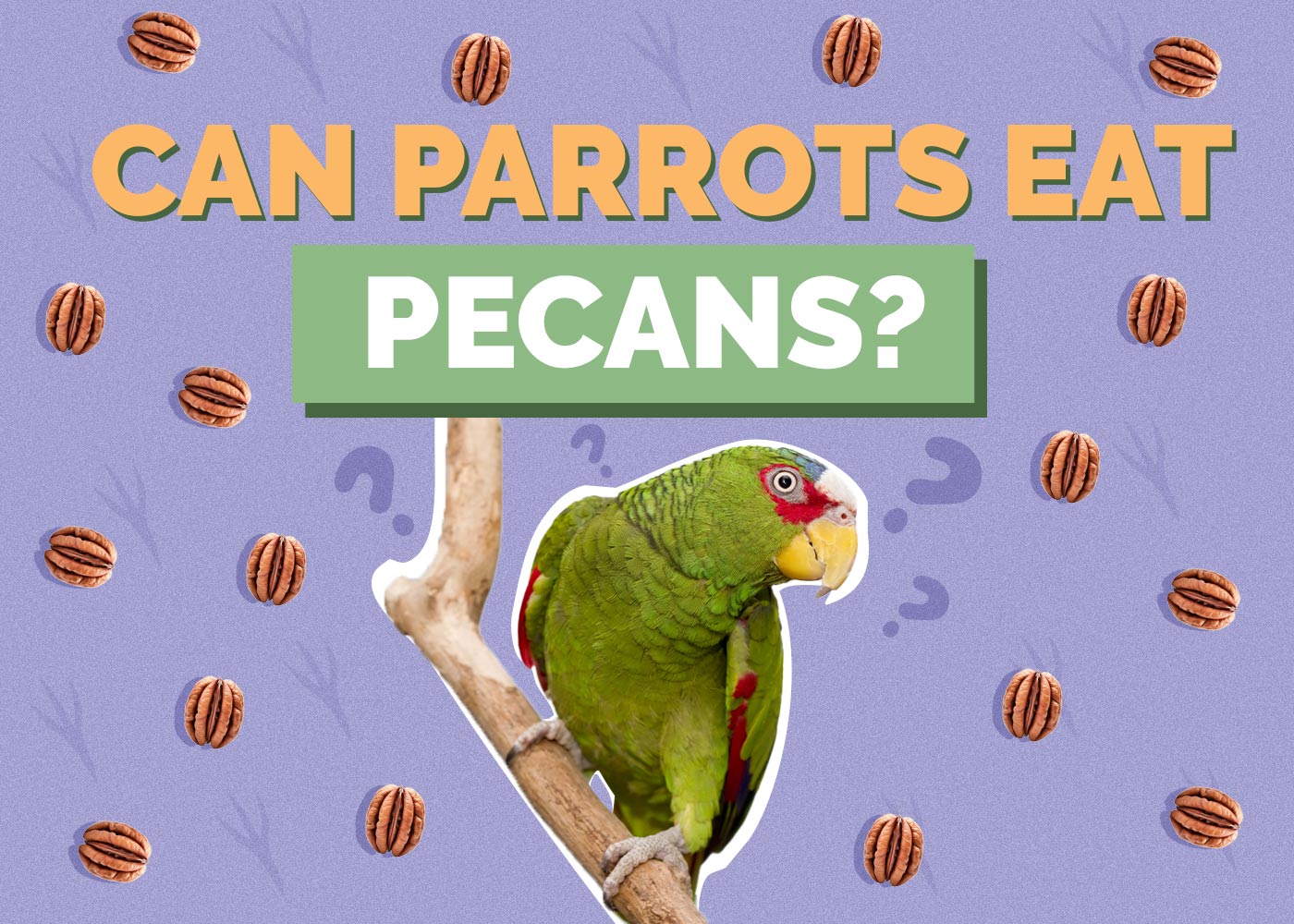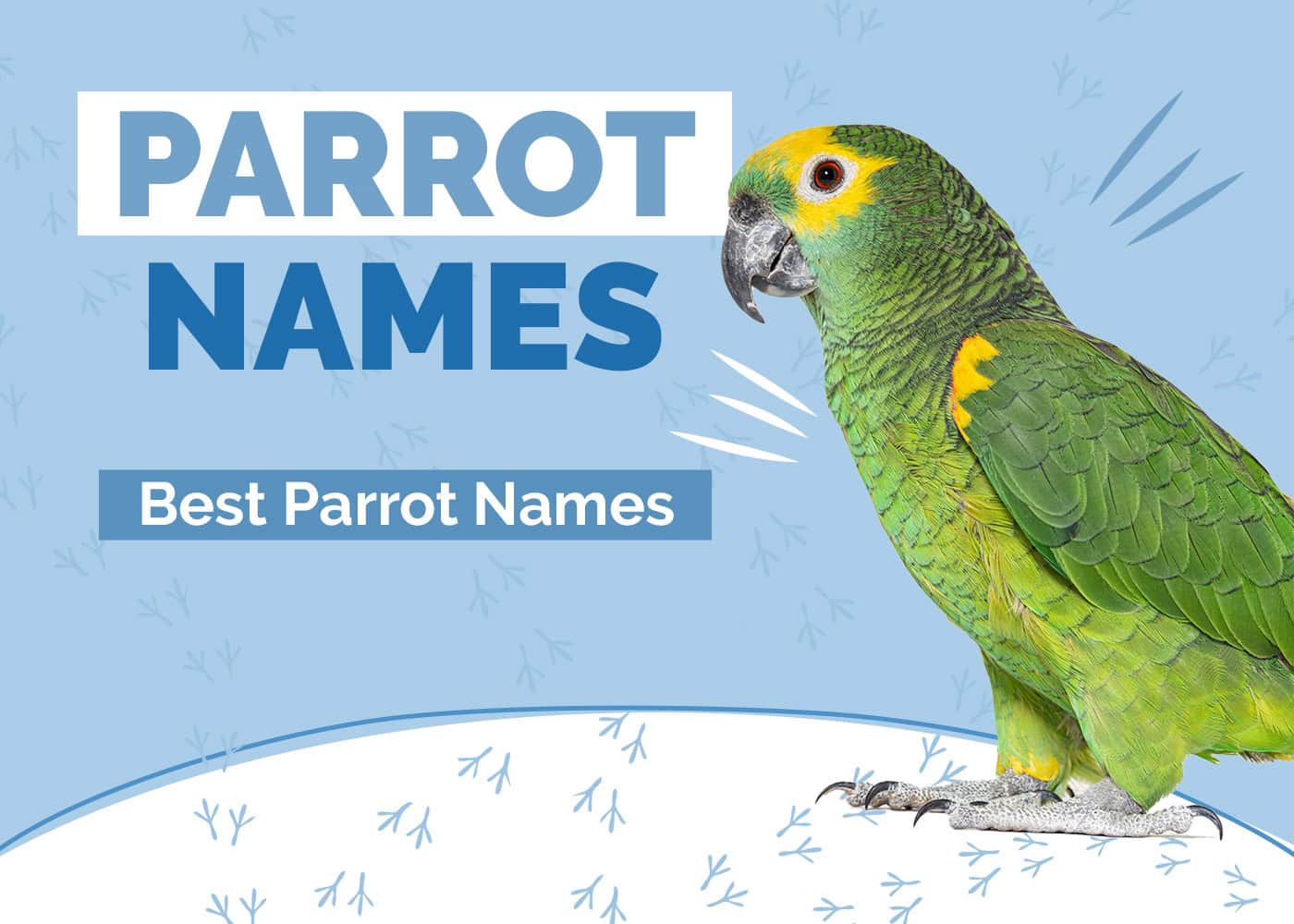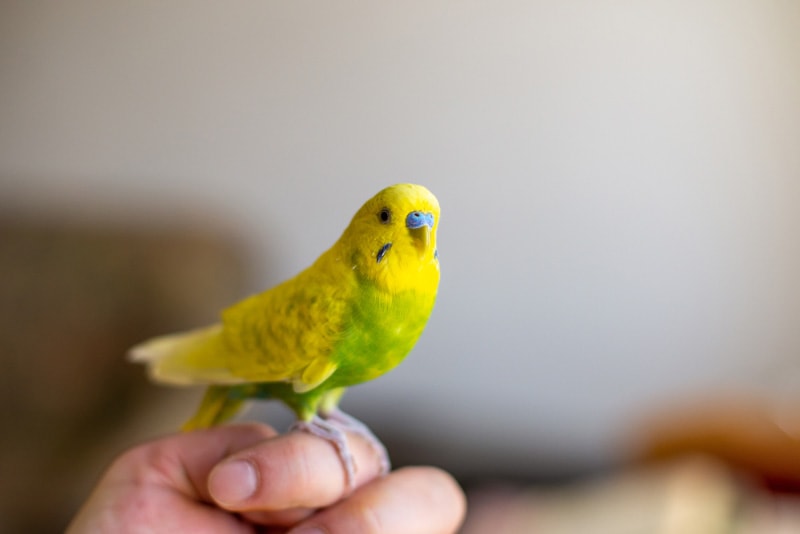Can Parrots Eat Bell Peppers? Vet Reviewed Facts & Safety Tips
Updated on
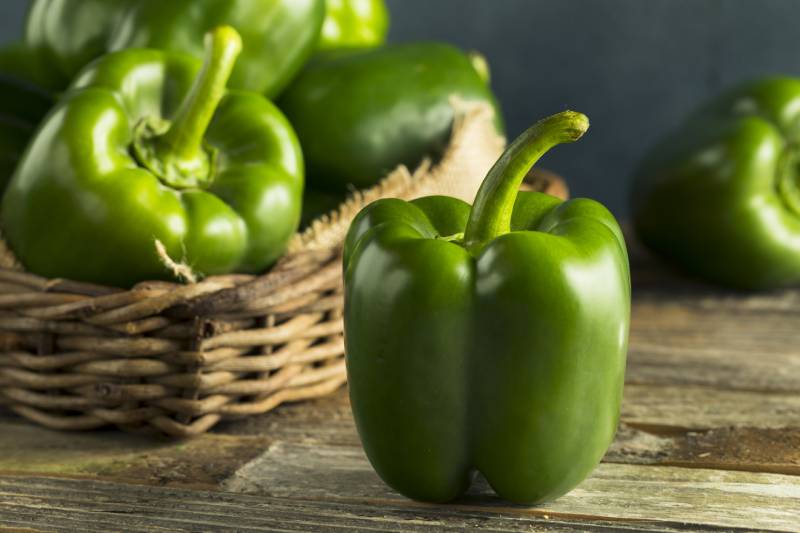
Click to Skip Ahead
Disclaimer: This article is intended as a guide for food safety and should not be taken as a substitute for dietary advice for your parrot from your veterinarian. Bird owners are encouraged to consult with their veterinarian when making dietary decisions for their pets.
There are lots of types of parrots in the world—not just the Blue and Yellow Macaws (Ara ararauna) and African greys (Psittacus erithacus) that we’re used to seeing. Lovebirds (Agapornis spp.), Amazons (Amazona spp.), and parrotlets (Forpus spp.) are all types of parrots. While there are many differences between all of these parrot species, there are some nutritional needs that cover all of them, including specific foods that they can all eat. Bell peppers are a safe food for parrots in general, and they’re also highly nutritious. Here’s what you should know!
Are Bell Peppers Good for Parrots?
Bell peppers are a safe and healthy food as part of a balanced diet for parrots in general. However, you must remember that all parrot species are different, so it is beneficial to talk to your avian vet before feeding them a new food.
Although somewhat sweet in taste, red bell peppers only contain around 2 grams of sugar per half-cup serving. They’re high in nutrients and low in calories. Low-calorie, low-sugar foods can help prevent your bird from becoming overweight over time. They’re also high in fiber, potassium, and folic acid.
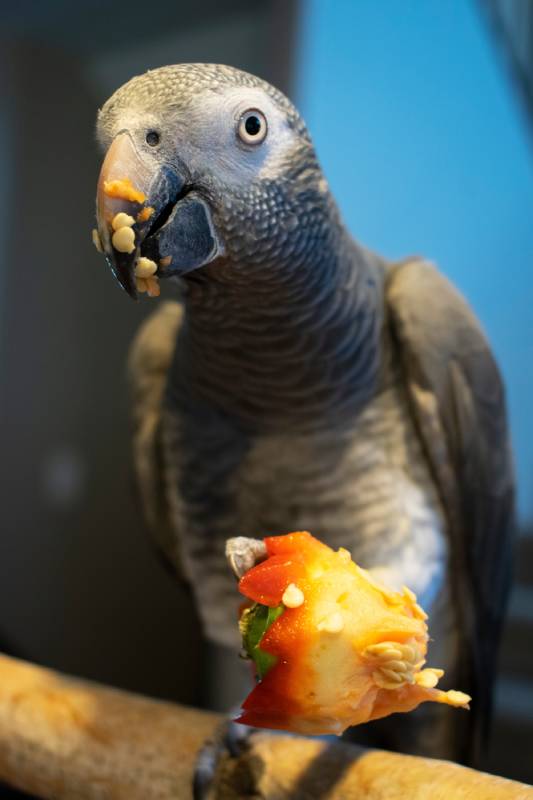
Vitamin A From Bell Peppers
Red bell peppers are an excellent source of vitamin A and its precursor beta-carotene, which is an essential nutrient for all birds. It’s important to note, though, that other colors of bell peppers are often quite low in vitamin A. Seeds and grains usually lack vitamin A, so birds must rely on other foods to get this vitamin. Without enough vitamin A, birds do not have a strong immune system and secondary infections develop. Signs of vitamin A deficiency can include nasal discharge, conjunctivitis, respiratory signs, feather picking, and anorexia.
Choanal papillae are small projections that line the choanal slit, which is located on the roof of a bird’s mouth and connects the throat to the nasal cavity. These projections are sharp in healthy birds, so in birds with vitamin A deficiency, these papillae can become blunted.
How to Feed Bell Peppers to Your Parrot
Almost all parts of a bell pepper are safe for parrots, including the seeds and internal membranes. However, the stems are toxic to birds, so they should never be offered to them. Like all members of the nightshade family, the stems, branches and leaves of these plants may be toxic, due to the presence of glycoalkaloids.
The seeds and membranes are more bitter than the flesh of the fruit itself. Because of this, some birds may shy away from bell peppers until you remove the bitter parts, leaving them only with the sweeter fruit. This sweetness is also higher in red, orange, and yellow bell peppers when compared to green bell peppers, so don’t be surprised if your bird has a preference for these sweeter bell peppers.
Bell peppers can be given to your bird whole, sliced, or chopped, or with the seeds and membranes removed. Just remember to remove the stem before feeding bell pepper to your bird. Offer bell peppers raw to your parrot. Cooked bell peppers are safe for parrots, but they contain fewer nutrients after cooking.
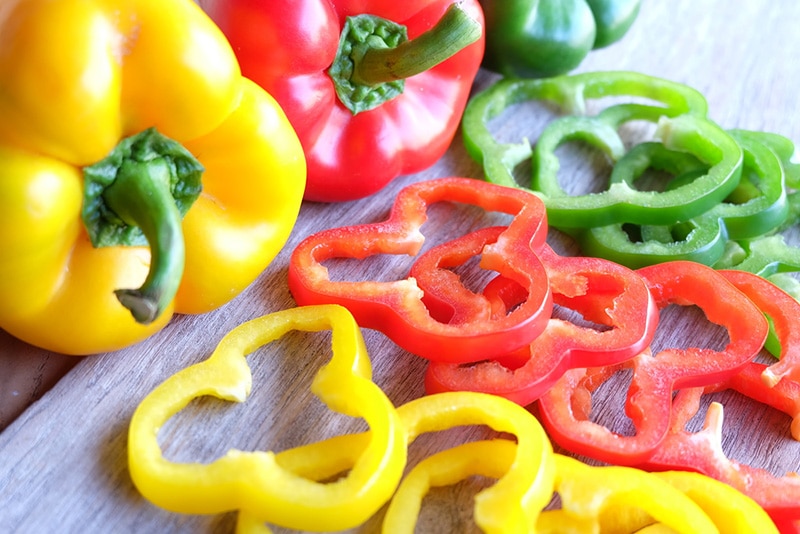
Frequently Asked Questions
Can Macaws Have Bell Pepper?
Yes, these large parrots benefit from fruits and vegetables in the diet. A range of fresh produce should be given alongside an appropriate pellet diet. These birds can also eat a slightly higher portion of seeds and nuts in the diet, due to their higher fat requirements. There is such a thing as too much fat though, which is why you should monitor your bird’s body condition and speak to your avian veterinarian about their diet.
Can African Greys Have Bell Pepper?
Yes, African Greys can have a little bell pepper along with a healthy rotation of fresh produce, alongside an appropriate pelleted diet. These majestic parrots are prone to calcium deficiency so make sure to include some high-calcium vegetables such as kale, bok choy, and broccoli.
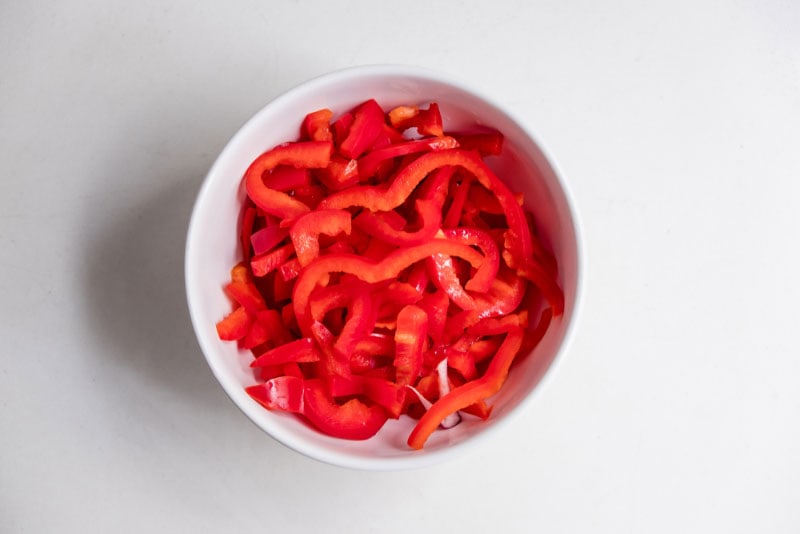
Can Amazon Have Bell Pepper?
Yes, bell peppers will make a nice addition to the “chop” of fruits and vegetables served to Amazons alongside their pellets.
Can Parrotlets Have Bell Pepper?
Yes, parrotlets can have bell peppers in small quantities. Pellets should be included as a large portion of the diet for nutritional completeness.
Can Lovebirds Have Bell Pepper?
Yes, as small parrots their rotation of produce will be small but a little bell pepper is a great addition to their diet. Pellets should be the main feature on the menu and all-seed diets are to be avoided due to being low in calcium and vitamin A and high in fat.
Conclusion
Bell peppers are a delicious and healthy food for parrots of all kinds, although the stems and other parts of the plant itself are toxic and should not be fed. As with all new foods, bell peppers should be introduced slowly into your bird’s diet. Introducing new foods, especially those high in fiber, too quickly can lead to stomach upset and diarrhea.
See also:
Featured Image Credit: Brent Hofacker, Shutterstock


